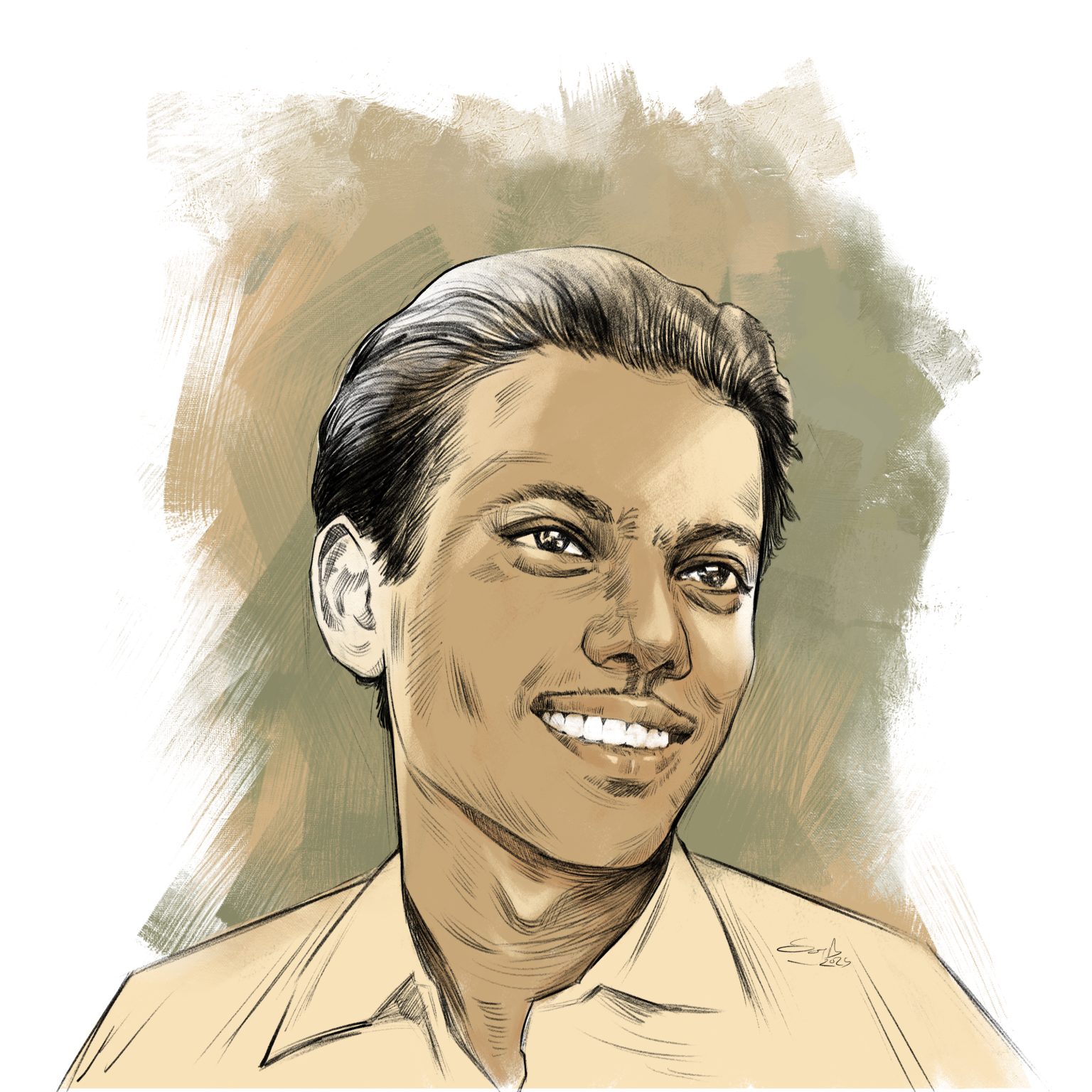If the history of Bangladeshi cinema is to be written, the name of Zahir Raihan will shine in every chapter. He was not only a filmmaker, but also a writer, journalist and pioneer of the Liberation War.
For Raihan, art was never mere entertainment; his works carried the weight of a nation’s history, politics and struggles. With both pen and camera, he fought fearlessly against injustice.
Born on August 19, 1935 in present-day Feni, Raihan studied Bengali literature at Dhaka University. His literary talent was evident from his student years, and in the 1950s he began working in journalism while also writing stories and novels.
His works ‘Arek Falgun’, ‘Hajar Bochor Dhore’ and ‘Borof Gola Nodi’ remain treasured contributions to Bengali literature.
In the 1960s, his creative journey expanded to cinema. His directorial debut, ‘Kokhono Asheni’, was followed by timeless films including ‘Bahana’, ‘Sonar Kajol’ and the landmark ‘Jibon Theke Neya’ (1970), widely regarded as one of Bangladesh’s greatest films.
Symbolising Pakistani dictatorship through the allegory of a repressive family, the Jibon Theke Neya stirred audiences deeply despite the film facing resistance from the censor board.
During the Liberation War of 1971, Raihan’s weapons were his pen and camera. His documentary ‘Stop Genocide’ exposed the Pakistani army’s atrocities, the resilience of Bengalis and the refugee crisis. Screened internationally, it played a crucial role in building global awareness and solidarity.
In January 1972, while searching for his missing brother, martyred journalist Shahidullah Kaiser, Raihan entered Mirpur, then still under Razakar and Bihari control, and vanished without trace.
His disappearance marked not only the loss of a man but the silencing of a powerful creative force.
Zahir Raihan remains a proud chapter in Bangladesh’s history: a warrior who fought with words and images, not weapons. His life, art and tragic disappearance continue to move and inspire, standing as a shining guide whenever the nation seeks cultural strength.


